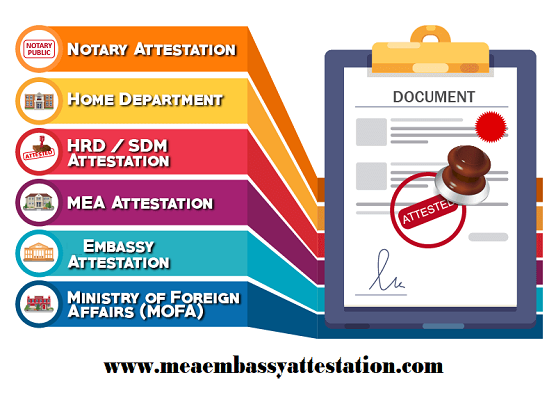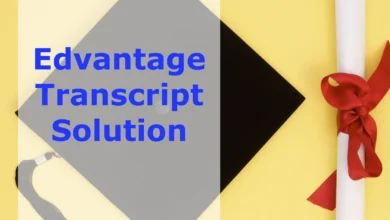Memorandum of Association Apostille: A Complete Guide

In today’s global business environment, having legally recognized documents is crucial. One such essential document is the Memorandum of Association Apostille. When expanding a business internationally, you often need your MOA to be validated for use in foreign countries. In this guide, we will explore everything you need to know about MOA apostille, its process, and why it is indispensable for international business operations.
What is a Memorandum of Association?
A Memorandum of Association is a legal document that defines the structure, objectives, and scope of a company.
- Company name
- Registered office address
- Objectives of the business
- Liability of members
- Share capital details
- Association of members
Without an MOA, a company cannot legally operate, as it represents the agreement between shareholders and the legal framework under which the company functions.
Understanding Apostille
The term Apostille comes from the Hague Convention of 1961. It is a certificate issued to legalize documents for international use in countries that are part of the convention. Essentially, an apostille validates a document’s authenticity, allowing it to be recognized legally in foreign jurisdictions.
- Opening overseas bank accounts
- Signing international contracts
- Registering subsidiaries or branches in foreign countries
- Participating in international trade
Why MOA Apostille is Important
Legal recognition of documents across borders is not automatic. Without an apostille, foreign authorities might refuse to acknowledge your MOA. Key benefits of apostilling your MOA include:
- Smooth Business Expansion: Facilitates the setup of subsidiaries or branches abroad.
- Avoid Legal Complications: Prevents delays or legal challenges when presenting company documents internationally.
- Enhanced Credibility: Demonstrates professionalism and legal compliance to foreign partners.
Who Needs a Memorandum of Association Apostille?
MOA apostille is required for:
- Businesses planning to expand internationally
- Companies seeking foreign investors
- Firms engaging in cross-border transactions
- Organizations registering branches or subsidiaries abroad
Essentially, any company whose MOA needs legal recognition in another country can benefit from apostille services.
Step-by-Step Process for MOA Apostille
Obtaining a Memorandum of Association Apostille involves several steps. Following them carefully ensures a smooth process:
Step 1: Document Preparation
Ensure that your MOA is a certified true copy issued by the Registrar of Companies (RoC).
Step 2: Notarization
A notary public may need to verify your MOA before submission.
Step 3: Submission to the Relevant Authority
In India, the Ministry of External Affairs (MEA) is responsible for issuing apostilles. Submit your notarized MOA along with the required application forms.
Step 4: Verification and Authentication
The MEA verifies the authenticity of the document. Once verified, they issue an apostille stamp on your MOA, confirming its legal validity internationally.
Step 5: Collection and Use
After processing, you can collect your apostilled MOA and use it for international legal purposes, such as foreign company registration or bank account opening.
Key Documents Required for MOA Apostille
To ensure a seamless process, prepare the following:
- Original or notarized MOA
- Certified copy of the MOA from the RoC
- Covering letter stating the purpose of apostille
- Identity and address proof of the authorized signatory
- Application form for apostille (as per MEA guidelines)
Having all these documents ready can significantly reduce processing time and prevent rejections.
Timeline and Cost
The timeline and cost of obtaining a Memorandum of Association Apostille may vary depending on your location and service provider. Typically:
- Processing Time: 5–10 business days
- Cost: INR 500–2000 (excluding notary or courier charges)
Engaging a professional service provider can simplify the process, ensuring that your documents are correctly prepared and submitted.
Common Challenges and Solutions
While obtaining an MOA apostille is straightforward, some common challenges include:
- Incorrect or incomplete MOA: Always verify your document before submission.
- Notarization errors: Ensure that notarization follows MEA guidelines.
- Processing delays: Use professional services to track and expedite applications.
- Legal complications abroad: Confirm requirements of the destination country to avoid rejections.
By anticipating these challenges, you can avoid delays and ensure smooth international operations.
Choosing the Right Service Provider
Partnering with an experienced service provider like InFinityGro can make the apostille process hassle-free. Key advantages include:
- Expert guidance on document preparation
- End-to-end handling of notarization and MEA submission
- Fast and reliable apostille delivery
- Assistance with additional legalization requirements for non-Hague countries
With professional assistance, businesses can focus on growth rather than paperwork.
Conclusion
A Memorandum of Association Apostille is a crucial step for companies aiming for international expansion. It ensures that your foundational business document is legally recognized abroad, helping you avoid legal hurdles and build credibility in global markets. By understanding the process, preparing the required documents, and working with experienced service providers, you can secure your MOA’s international validity efficiently.
Whether you are opening a subsidiary, entering into cross-border contracts, or seeking foreign investment, an apostilled MOA is your gateway to seamless international business operations.




